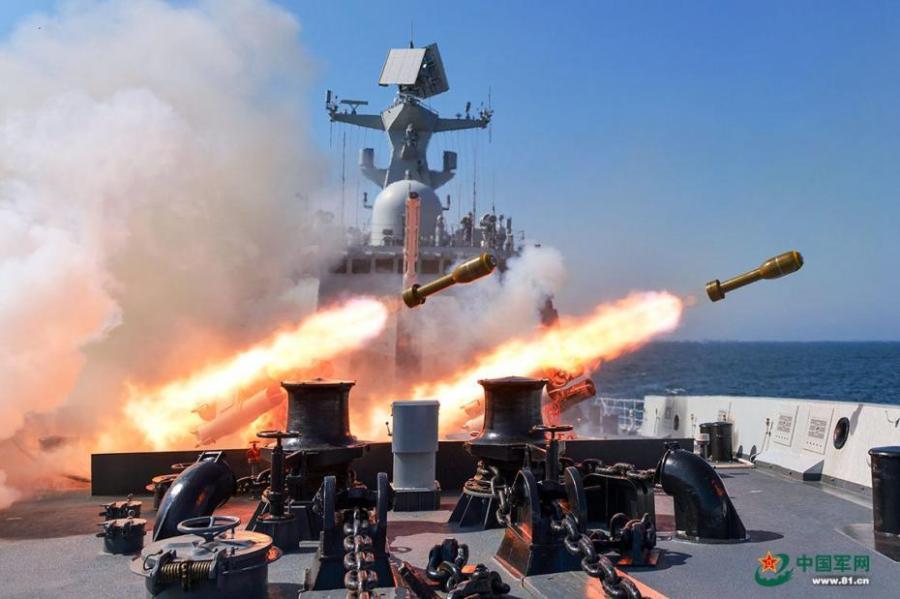The Russian State Duma, or lower house of parliament, passed on Thursday in the second reading an amended version of a bill authorizing the president to impose sanctions in response to economic restrictions adopted by the United States and its allies, as well as other "unfriendly states" against Russia.
"During a plenary session, deputies approved in the second reading the draft law 'On counteraction measures to unfriendly actions of the U.S. and/or other foreign states'," the press service of the State Duma said.
The latest set of western sanctions affecting 38 Russian individuals and entities, including seven business leaders and 17 senior officials, for their alleged "malign activity" around the world, was adopted by Washington in April.
On Tuesday, the Duma passed the bill in the first reading.
The amended version of the bill entitles the Russian president to ban or restrict cooperation with entities of "unfriendly states," imports of goods produced by such entities and exports of Russian products and raw materials, the list of which may be compiled by the government.
Foreign entities may also be banned to provide works and services for Russian state or municipal bodies, as well as to participate in the privatization of Russian property.
From the text of the bill were excluded clauses allowing bans of concrete goods like medicines, tobacco, alcohol, foodstuff, as well as software and exports of products made with the use of rare metals.
Besides, the new text does not mention a possible ban on services of foreign, consulting, auditing and legal firms, or on employment of foreign citizens.
But the bill authorizes the president to impose other sanctions not mentioned in its text.
After the second reading no more amendments can be introduced to the bill which will have to be passed in the third and final reading, then endorsed by the Federation Council upper parliament chamber and then signed into law by the president.
The Duma also voted on Thursday to postpone the second reading of another bill introducing fines and other types of punishment to individuals or entities for evading cooperation with companies that are subject to sanctions.
The work on the bill will proceed after additional consultations with Russian businesses, a Duma statement said.


















































